First International Postal Conference
On May 11, 1863, representatives from 15 nations met in Paris to discuss postal issues. That first International Postal Conference would eventually lead to the creation of the Universal Postal Union.
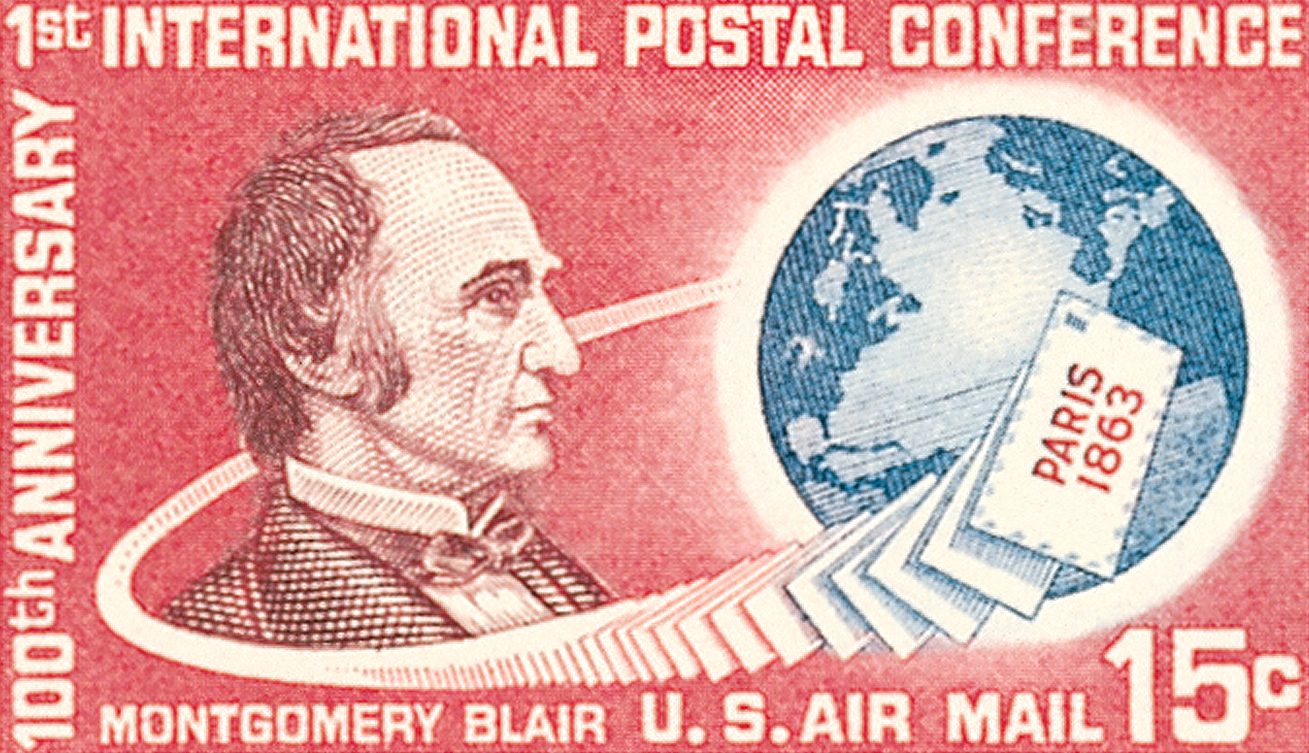
On May 11, 1863, representatives from 15 nations met in Paris to discuss postal issues. That first International Postal Conference would eventually lead to the creation of the Universal Postal Union.
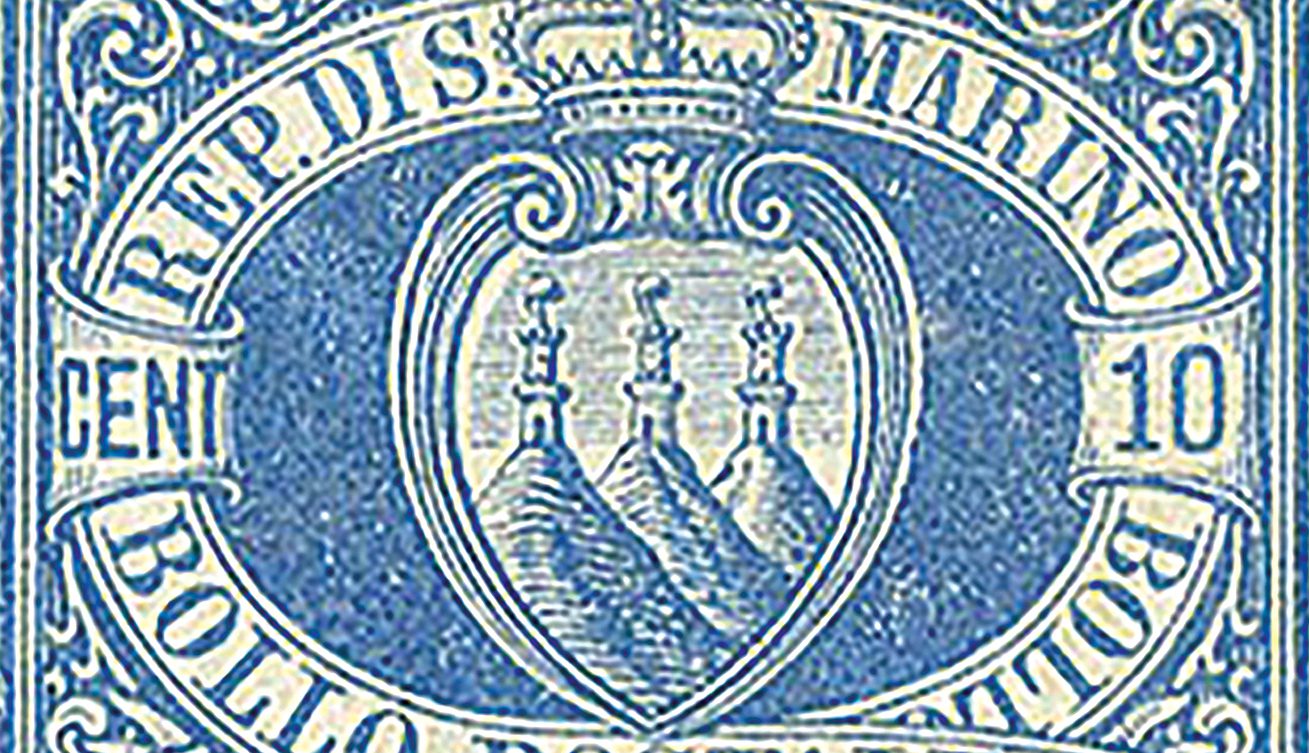
On May 7, 1861, President Abraham Lincoln accepted the “honor of citizenship” from San Marino. It was one of the earliest instances of US and San Marino relations, which wouldn’t be formally established for decades.
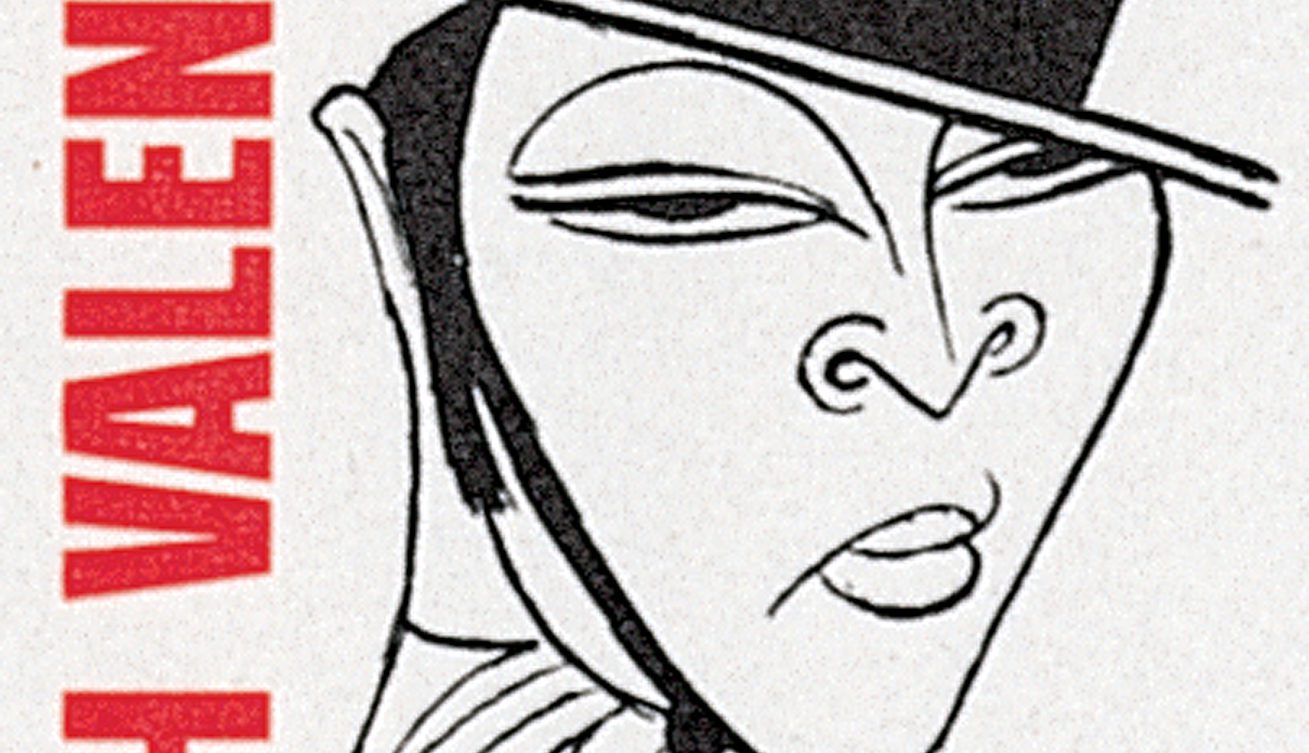
Silent film star Rudolph Valentino was born Rodolfo Pietro Filiberto Raffaello Guglielmi di Valentina d’Antonguolla on May 6, 1895, in Castellaneta, Italy. Idolized as the “Latin Lover” of the 1920s, Rudolph Valentino gained enormous fame for his passionate, romantic roles.
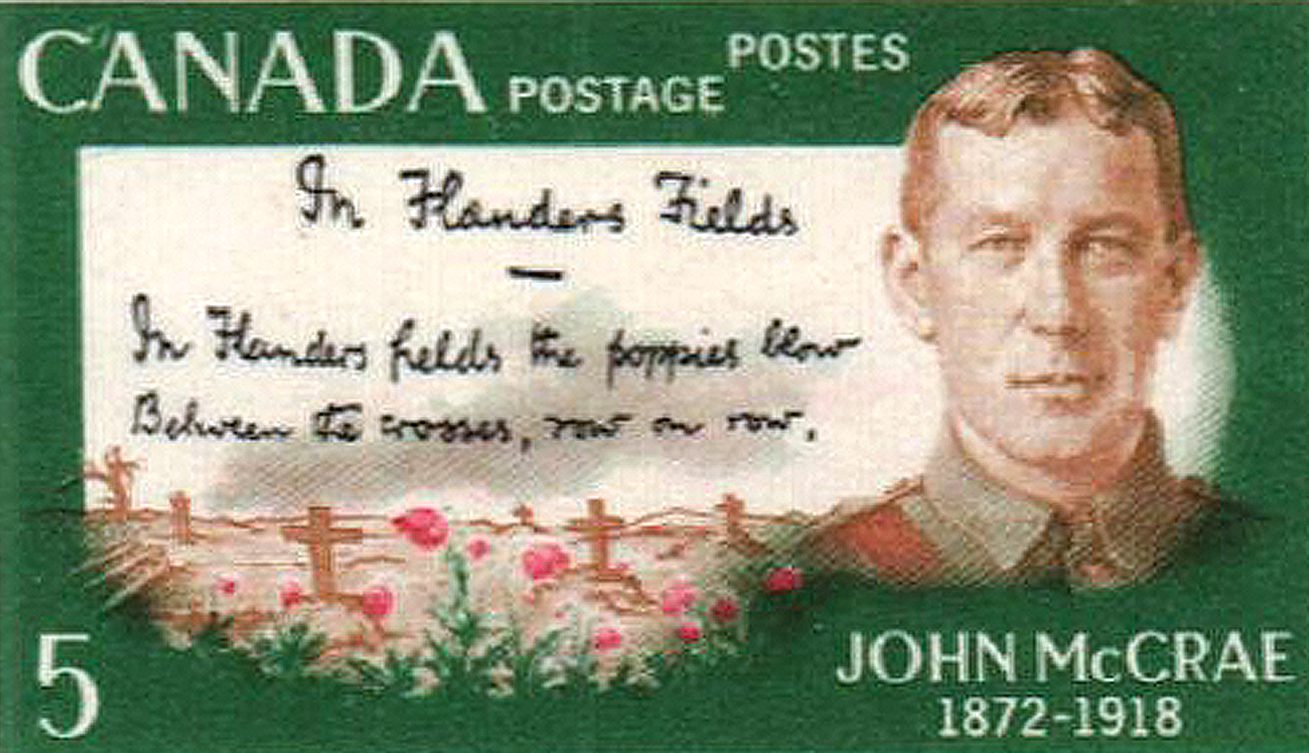
On May 3, 1915, Canadian physician John McCrae penned the poem, “In Flanders Fields,” in honor of a fallen fellow soldier following the Second Battle of Ypres. The poem became a rallying cry among Allied nations to continue fighting and support the war effort.
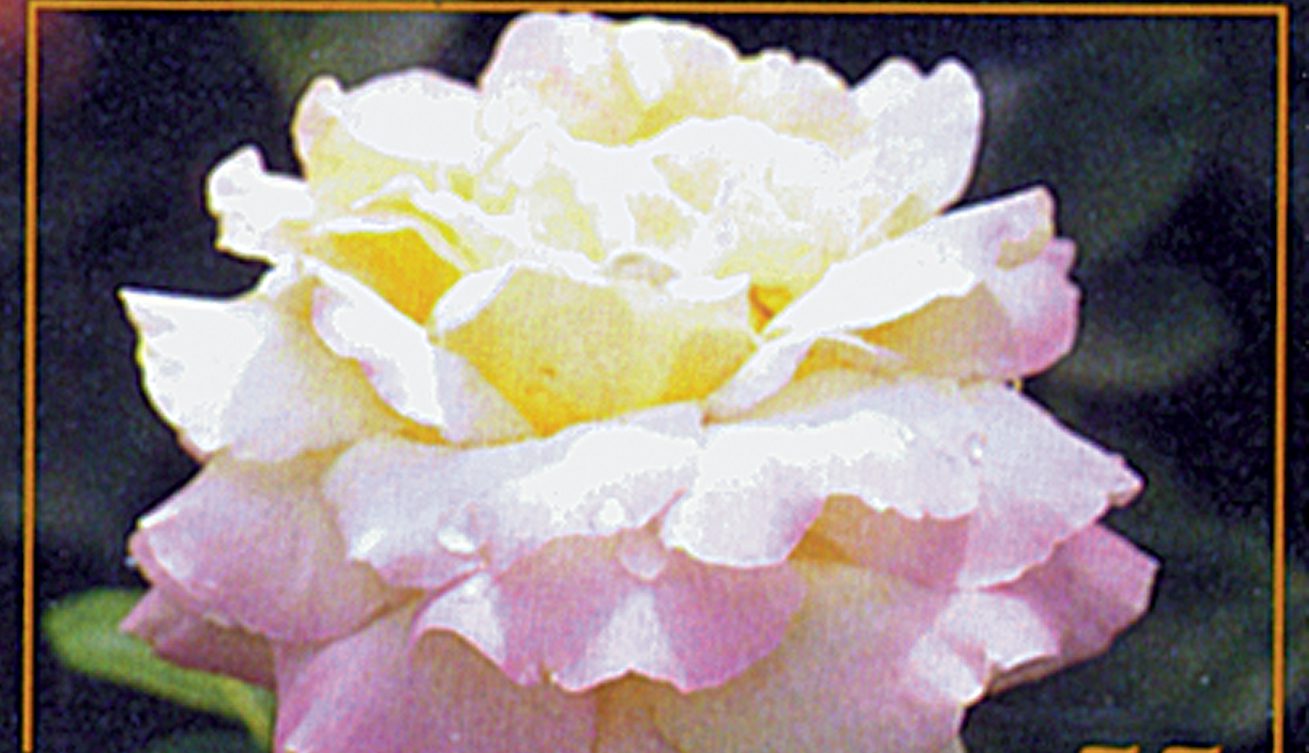
On April 29, 1945, the Peace rose was made available for sale in the US. The Peace rose helped popularize gardening and provided a huge boost to the rose industry.

Beloved child star and diplomat Shirley Temple was born on April 23, 1928, in Santa Monica, California. Temple starred in over 40 films by the time she was 12, and went on to become the first female ambassador to Czechoslovakia.
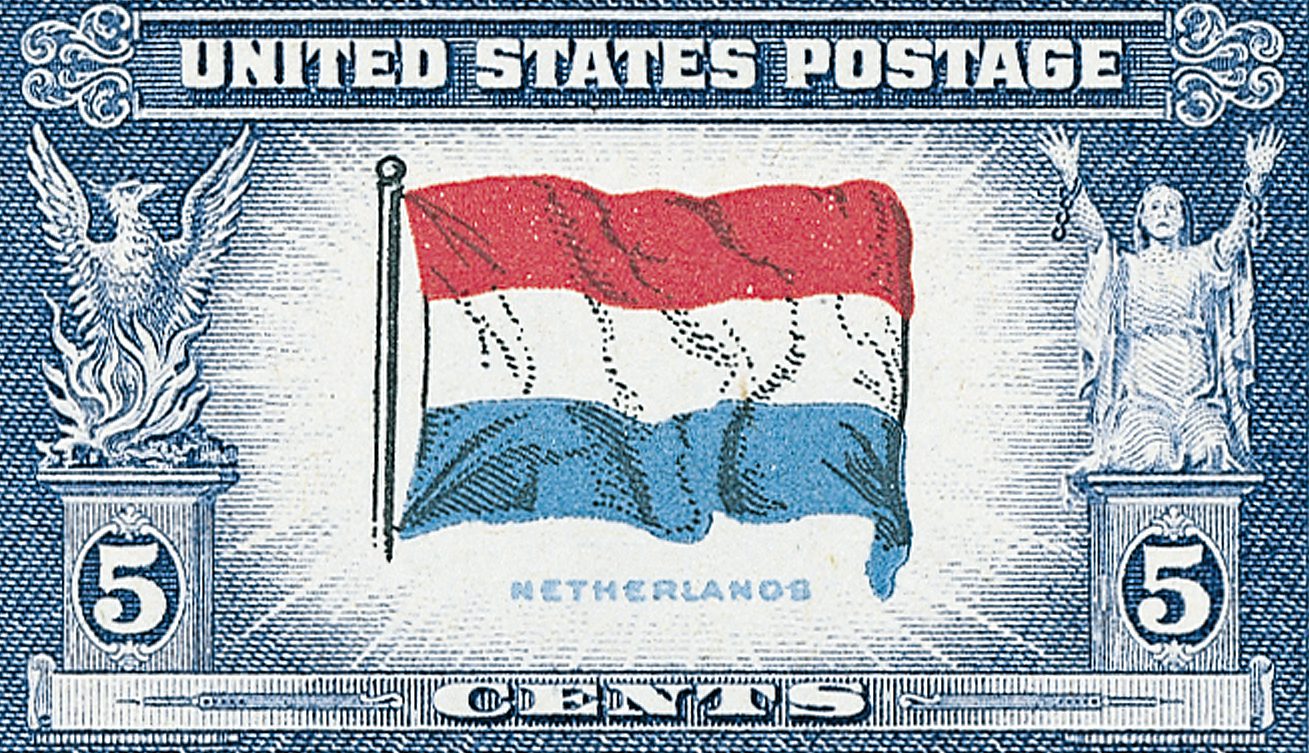
On April 19, 1782, John Adams secured recognition from the Dutch Republic of the United States as an independent government. This marked the start of one of America’s longest unbroken peaceful relationships with another nation.
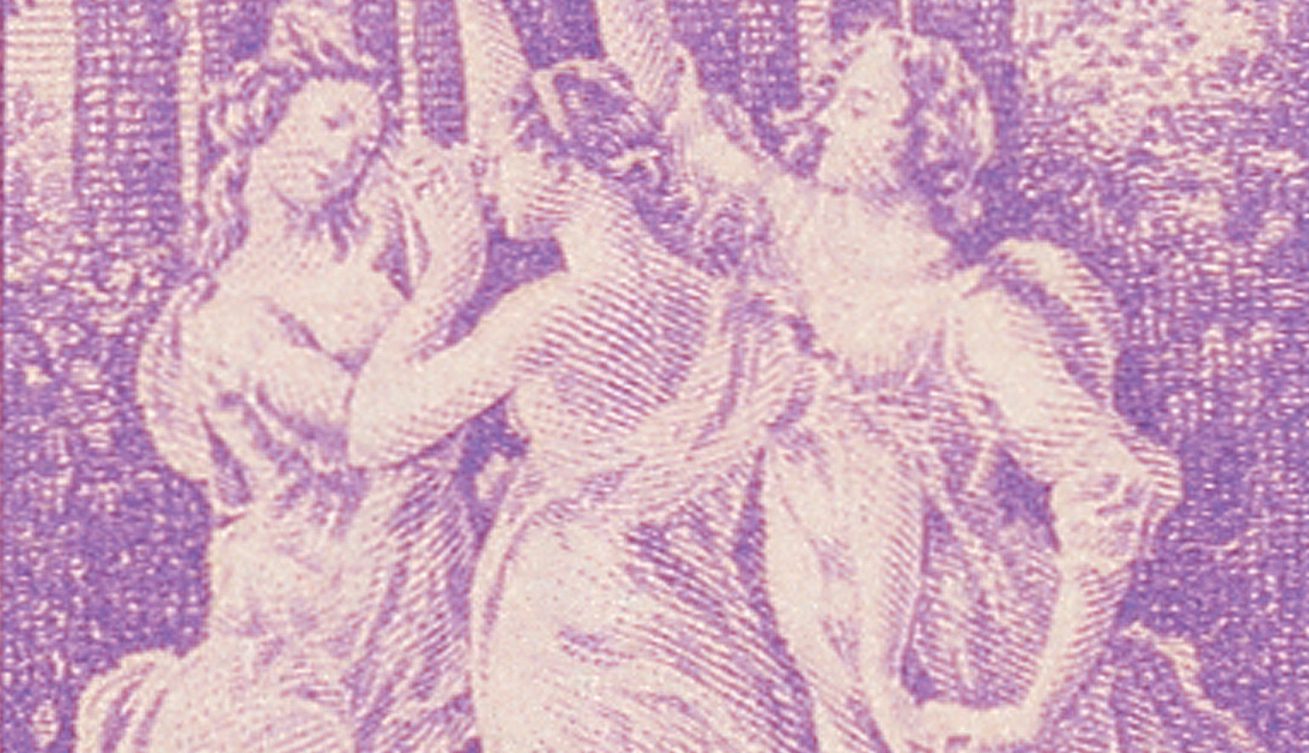
On April 14, 1890, the United States and several Latin American countries created the Pan American Union to address matters of common interest. This day has since come to be known as the “Day of the Americas” and “Pan American Day.”
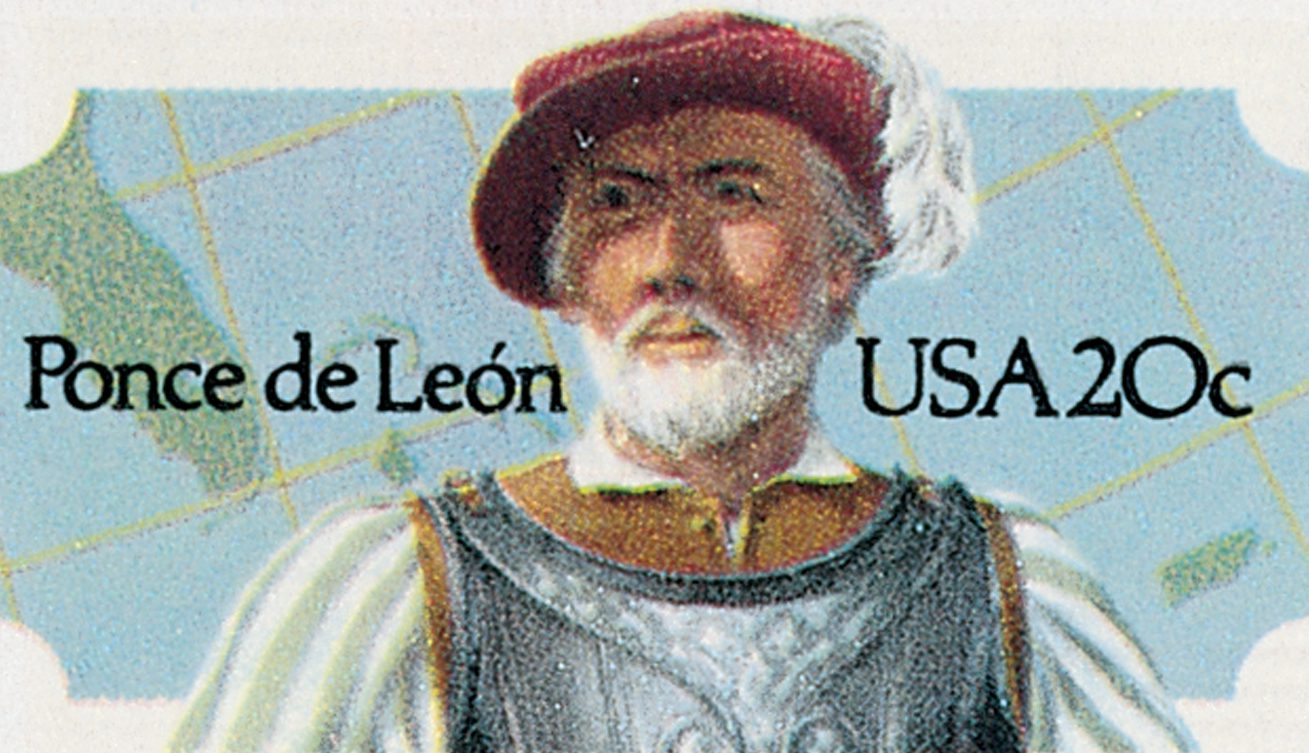
On April 3, 1513, Juan Ponce de León landed on the Florida coast and claimed the area for Spain. He named it La Florida, or “Feast of Flowers,” a reference to the Easter celebration in Spain.